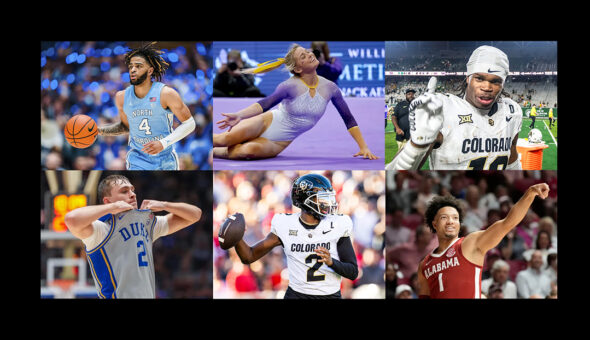That said, after nearly two years of pandemic disruption, I hear again and again that people are considering turning to corporate America, joining a consultancy, or hanging out their own shingle. Compounding the impact of the Covid response, many campuses have laid off workers or instituted hiring freezes, resulting in the remaining staff taking on more work for no additional pay. Meanwhile, many corporations are thriving – and are able to offer salaries and perks that are hard to compete with at a university. To top it off, many other industries are offering workers fully remote opportunities – something that appeals to many and is often not possible due to the nature of higher education and its historical resistance to change.
How can we stop this hemorrhaging of talent?
Be flexible. Consider adaptable work schedules that accommodate individuals’ unique personal needs, hybrid work arrangements for those who don’t need to be on campus every day, and fully remote options for those who perform work that can be done from anywhere. Approach your team’s schedule with an eye on creating balance on an individual level rather than ascribing one approach to all.
Identify paths for advancement. Providing your team with a clear path for professional advancement is critically important. Some people are comfortable – and even prefer – to stay in the same role for their career; however, many people crave opportunities for advancement and professional growth. Identify clear career paths so everyone understands what it takes to grow at your university so team members don’t have to leave to advance.
Advocate for financial rewards. Pizza parties, doughnut days, and team-building exercises are important, but money talks. When you have the opportunity, advocate for salary increases and/or bonuses – especially for those who go above and beyond. Find out if your institution has a mechanism for rewarding great work outside of the typical cost-of-living increases. If financial bonuses are simply not an option, can you fund professional development opportunities? These things may not trump stock options or a serious salary increase, but they can be a boost to morale that might keep the search firms from successfully poaching your talent.
Recognize that people are weary. The pandemic has been exhausting. In addition to the everyday stress of life, we are balancing worries about family and friends and others in our communities who refuse to be vaccinated, loved ones who are immunocompromised, and young children who aren’t eligible for the vaccine. The calculus of our daily lives has been altered dramatically. On top of it all, Covid-related logistical and communications work is piled on top of regular workloads, extending the workday long into the evening. People are tired. This is not the time to invent new busywork. Innovation is important – perhaps now more than ever. But a careful balance should be struck between what is important and mission critical and what would be “nice” to accomplish. This is especially important for offices that have staff shortages. We need to stop asking people to do double and triple duty and then reacting with surprise when they depart our organizations.
The work of higher education is incredibly fulfilling. We are impacting the lives of thousands of people, introducing new knowledge into the world, and solving some of the world’s biggest challenges. The energy of our students, the commitment of our faculty, and the dedication of our staff is inspiring. Universities run on people power. We cannot let our best and brightest leave this field without a fight. We need to do everything in our power to attract and retain talent to maintain the excellence of our institutions.
Listen







